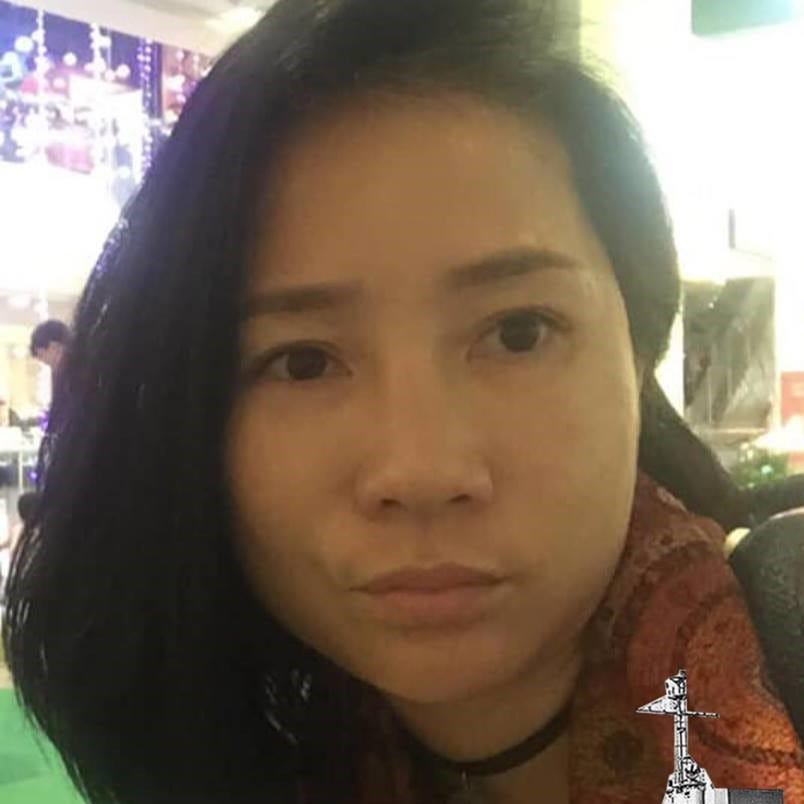Dissident Spotlight: Ngo Oanh Phuong
Ngo Phuong criticized one of Vietnam's largest companies and has faced ongoing arrests and harassment for it.

Editor’s Note: Apologies for the late post. The new puppy had a medical emergency this week. She’s fine now, but she gave us a scare and had to be taken care of. Now that she’s okay, we’ll return to our normal posting schedule on Wednesday mornings.
South Korea has a word for a large business conglomerate that leans on government influence to maintain an enormous amount of influence while generating a disproportionate amount of a country’s GDP: chaebol.
The word may originally be Korean, but the concept isn’t limited to the country. Vietnam has its own chaebol called Vingroup. Vingroup single-handedly made up 1.6% of Vietnam’s GDP, a large milestone for a single company. One reason is the government’s favoritism toward Vingroup and other conglomerates.
An ordinary person who noticed Vingroup’s cosy ties to the government and financial precariousness, Ngo Phuong, posted criticisms of Vingroup. Her criticisms are no longer public, because her Facebook page has been locked. She has also been summoned for police questioning twice for criticizing a company that receives preferential treatment from the government.
‘Abusing Democratic Freedoms’ Misses the Point
Vietnam’s criminal code has a clause prohibiting citizens from “abusing democratic freedoms.” However, criminalizing an “abuse” of democratic freedoms misses the point of having democratic freedoms in the first place.
Phuong wasn’t charged under this law, but Vietnam’s attitude toward democratic rights is summed up in both its criminal code and the police harassment the state directed against Phuong.
It’s one thing for a private company to grow to the size of a small country, but no company should become so large that it acquires actual state power to direct against ordinary people. Those powers recall Gilded Age policies in the United States when U.S. presidents sent federal troops to attack and kill striking workers at the request of large companies.
Phuong had a social media following that was interested in her beliefs, and a private company made that profile go away. That is a real cancelling that podcasters who receive criticism online and cry “cancel culture” would struggle to understand.

